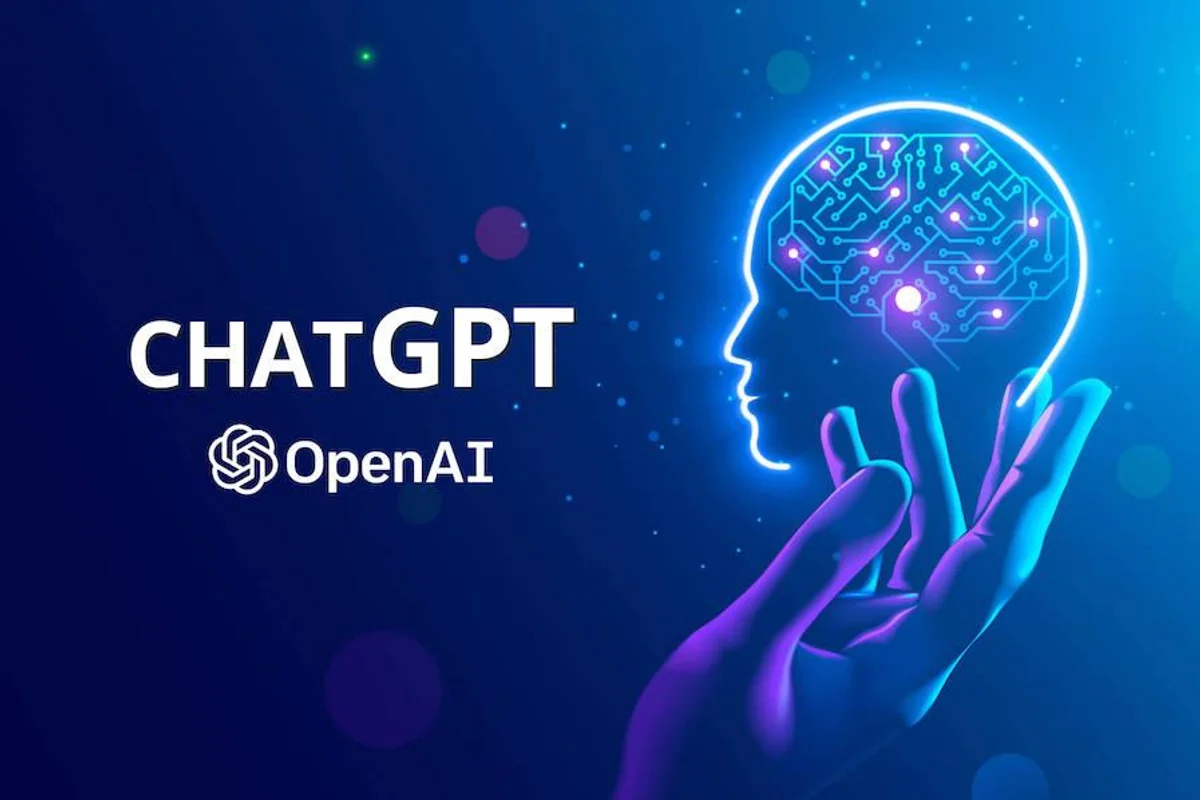The development of natural language processing technology, especially the emergence of large language models (LLMs) and ChatGPT based on LLMs, is changing the way we live and work. The advent of this technology has had positive impacts in many fields. However, there are also some negative impacts and risks. This article will explore the impact of ChatGPT and LLMs on society from several aspects.

What is ChatGPT?
ChatGPT is an AI chatbot based on a natural language model developed by OpenAI. It can generate highly natural and fluent text, including articles, news, conversations, and more. This technology has been widely used in fields such as intelligent customer service, voice assistants, and machine translation, and has played a crucial role in the development of artificial intelligence.
What is LLM?
A large language model is a type of deep learning model that can model natural language. LLMs typically use neural network algorithms to train and predict natural language sequences. The characteristic of LLMs is that they can learn a large amount of language data and use it to predict the next word or phrase, thus generating new natural language text. LLMs are typically divided into two types: unidirectional and bidirectional. Unidirectional LLMs can only predict the next word based on the previous words in the text, while bidirectional LLMs can use both previous and subsequent words in the context to make predictions.
ChatGPT is a specific implementation of LLMs. It uses a Transformer network structure, which can handle longer text sequences and has stronger language generation capabilities. ChatGPT is an improvement and extension based on LLMs.
In summary, ChatGPT and LLMs have brought many positive impacts on society, such as improving natural language processing technology, providing better automation services, promoting learning and research, improving social media, providing better information and education, and promoting cross-cultural communication. However, there are also potential negative impacts and risks, such as the spread of fake news and biased language models. Therefore, we need to continue to explore and develop these technologies responsibly and ethically.
The Impact of ChatGPT and LLM on Society
The development of natural language processing technology has provided us with many conveniences, such as intelligent customer service, voice recognition, and automatic translation. As representatives of natural language processing technology, ChatGPT and large language models (LLMs) have also been widely used in various fields. However, with the rapid development and popularization of these technologies, they have also brought some positive or negative social impacts.
Positive impacts
- Improving natural language processing technology: As representatives of natural language processing technology, ChatGPT, and LLM have strong language modeling and generation capabilities, which can provide more powerful support for the development of natural language processing technology. By constantly optimizing and improving these technologies, we can improve the quality and efficiency of natural language processing technology, providing us with a better natural language interaction experience.
- Improving production efficiency: The emergence of ChatGPT and LLM has improved production efficiency and can quickly generate articles, news, and other text content. In fields such as news, advertising, and culture, this technology helps improve the quality, quantity, and speed of content. Compared to traditional content creation methods, this technology can greatly shorten time and cost and improve production efficiency.
- Improving customer service: ChatGPT and LLM can be used for intelligent customer service, significantly improving the quality and efficiency of customer service. For example, voice assistants, intelligent chatbots, and other technologies can quickly answer customer questions and better understand their needs, providing better-personalized service.
- Promoting learning and research: ChatGPT and LLM can provide better support for learning and research. For example, in fields such as linguistics and computer science, these technologies can be used for natural language processing-related research and exploration, promoting the development of the discipline. In addition, ChatGPT and LLM can also be used for natural language generation and summarization, providing better auxiliary tools for learning and education. For example, OpenAI provides an online platform called the GPT-3 Playground, allowing users to interact with GPT-3, and GPT-4 provide a new way of learning.
- Improving social media censorship: Social media is an important platform for people to engage in social communication, but it also has some negative effects, such as rumors and false information. ChatGPT and LLM can be used for automated content review on social media, identifying and filtering out some untrue or irresponsible content, thereby improving the social media environment and enhancing the user experience.
Negative impacts
- Bias issues: The way ChatGPT and LLM generate text is based on language model training, which may involve bias issues. For example, if the training dataset is biased, the generated text may be biased, resulting in discrimination and exclusion of certain groups or viewpoints.
- Privacy issues: The training of ChatGPT and LLM models require a large amount of personal data and privacy information. If this information is not properly protected and managed, there is a risk of privacy breaches, severely affecting personal privacy and data security.
- Ethical issues: With the development of ChatGPT and LLM, some ethical issues have also emerged. For example, this technology may affect the nature of human language and thinking, bringing some negative impacts on human development and progress.
Response
To better address the negative impacts brought by ChatGPT and LLM, we need to take some measures:
- Standardize technical applications: For the application of ChatGPT and LLM technology, strict standards and regulations need to be established. For example, the sources and quality of model training data should be clearly defined to avoid bias issues. At the same time, stronger protection and management of private data are also needed to ensure the safety and lawful use of data.
- Promote technology transparency: Transparency of ChatGPT and LLM technology should be promoted, allowing users to have a clearer understanding of the training process of the model and the principle behind generated content. This can help increase user trust and satisfaction.
- Strengthen ethical review: To avoid negative impacts on human thinking and language, a strict ethical review of ChatGPT and LLM technology should be conducted to ensure that the application of technology does not have negative impacts on human society.
Conclusion
ChatGPT and LLM technology have brought significant impacts to society, both positive and negative. We need to take measures to avoid negative impacts and harness the positive potential of the technology. We should pay more attention to the social impacts of technological development and work together to promote the healthy development of technology for the benefit of humanity.”
